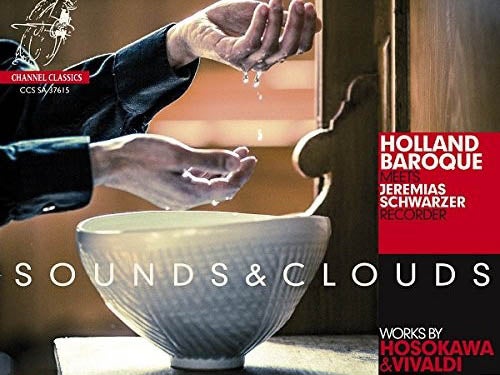Your support helps us to tell the story
From reproductive rights to climate change to Big Tech, The Independent is on the ground when the story is developing. Whether it's investigating the financials of Elon Musk's pro-Trump PAC or producing our latest documentary, 'The A Word', which shines a light on the American women fighting for reproductive rights, we know how important it is to parse out the facts from the messaging.
At such a critical moment in US history, we need reporters on the ground. Your donation allows us to keep sending journalists to speak to both sides of the story.
The Independent is trusted by Americans across the entire political spectrum. And unlike many other quality news outlets, we choose not to lock Americans out of our reporting and analysis with paywalls. We believe quality journalism should be available to everyone, paid for by those who can afford it.
Your support makes all the difference.
“Ideal music,” the Japanese composer Toshio Hosokawa once noted, “is like the sound of nature” – a pertinent position from which to regard this work, commissioned by recorder virtuoso Jeremias Schwarzer, in which five sections of Hosokawa’s Singing Garden in Venice are separated by appropriate Vivaldi concertos.
Hosokawa describes his work as akin to gardening or ikebana (flower arranging), of devising the musical backgrounds against which Vivaldi’s “flowers” might best blossom.
Accordingly, the theorbo and trickling water of “Dämmerung” clears the way for the delightful trilling recorder birdsong of “Il Gardellino”, so deftly and delicately delivered by Schwarzer; while the lowering strings and deep, mysteriously lyrical woodwind lines of “Das Meer Vor Dem Sturm” provide the perfect setting for “La Tempesta Di Mare”.

Join our commenting forum
Join thought-provoking conversations, follow other Independent readers and see their replies
Comments